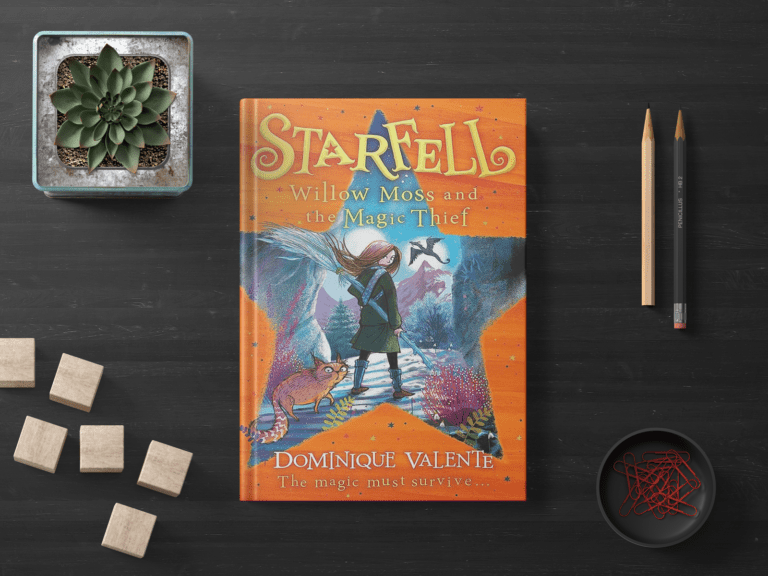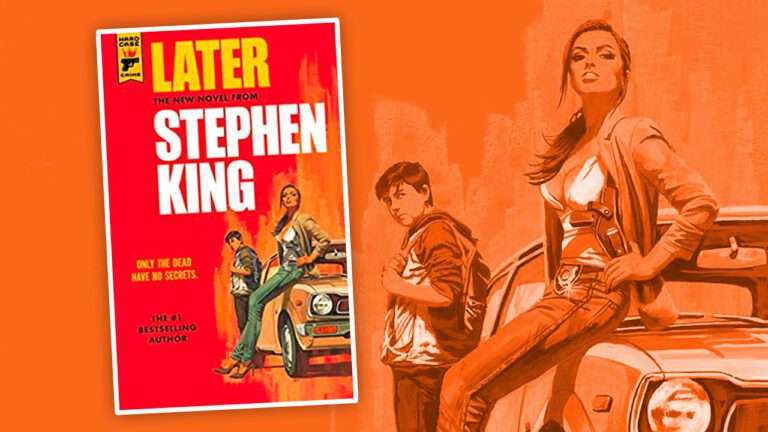Nightwork by Nora Roberts – A Thief’s Tale

Nightwork by Nora Roberts is a typical love story about a man who, due to circumstances, goes astray but ultimately finds forgiveness and makes changes for the better.
Harry Booth began thieving at an early age. His nimble hands had proven to be magical enough to help keep the debt collectors at bay as his mom battled cancer. His aunt Mags had taught him pick-pocketing for fun, as one does with elementary-aged children.
Over the course of the following nine years, Harry honed his skills to encompass home breaking, safe cracking, and lock picking while his mother experiences remissions and recurrences. He only feels entitled to his meager portion of the rich people’s wealth; he doesn’t hate them for their wealth.
Harry manages to balance his studies, his job at his mother’s cleaning business, his pals, and his “nightwork” admirably. After his mother loses her battle with the big C when Harry is eighteen, he leaves Chicago and travels south to warmer climates.
It would be simple for him to move on from his criminal history as well, but the money he receives from selling the family house and the college scholarships he has been awarded aren’t enough to entice him to do so. Harry enjoys and is skilled at stealing, and he has no plans to stop.
Harry is the focus of the first three quarters of the book. It follows him as he traverses the South and honed his technique even more while assuming many identities. It also covers his early years as he honed it amid his mother’s illness. Harry first sees our heroine, Miranda Emerson, around the thirty-percent mark.
Despite his intense attraction to her, he understands it’s best to keep a low profile and avoid getting close to lovely girls like Miranda because of his line of work. Naturally, he doesn’t, and the two go on four dates that seem to work like magic.
Although I didn’t think anything exceptional about these interactions, it’s obvious that they’re very remarkable since, by the conclusion of their weekend together, Harry and Miranda are utterly enamored. like truly, truly unique to one another.
Then Carter LaPorte, a nasty, terrible man who Harry—or whatever the hell he calls himself these days—worked for in the past, finds Harry, threatens both his new pals and Aunt Mags, and forces Harry to leave town to carry out a significant, potentially dangerous theft for the man.
He executes the job, severing all present relationships, including with Miranda (for her own sake), and then tries his hardest to vanish in a way that will prevent LaPorte from ever finding him again. Harry doesn’t see Miranda again for more than ten years, and he naturally doesn’t fall in love.
Subsequently, fate orchestrates their reunion; nevertheless, upon their meeting, Harry assumes a new identity, necessitating many explanations.
Remarkably (or perhaps not, considering that the author is a well-known romance writer) Miranda agrees to Harry’s grim story of being a gentleman thief, and they both come to the realization that the feelings they shared in the short time they had known each other before are still as strong today.
All LaPorte needs to find Harry, though, is the slightest degree of sloppiness that comes with being with Miranda. He needs Harry to finish one more task for him, failing which LaPorte will cause Harry’s brand-new life to implode. Robert’s writing has been criticized over the years by many as being choppy and unstyled, but I must say that I find it quite easy to read.
We go through the story quickly in this narrative because of the clear and concise style, and I appreciate that Roberts puts everything on the page. Nothing needs to be thought through because the author sets everything out and covers every tiny detail.
Though basic, the characters are well-drawn. The reader is left with a clear understanding of their personalities and characteristics, even though they lack many of the subtleties, messiness, and complications of actual people. The way the sites and food are described is exquisite, particularly the food.
Fans of Roberts should definitely read this book. Her characteristic feisty, clever protagonist, along with her sidekicks who read tarot cards and carry crystals, are all there—a throwback to Roarke from her alter ego’s books In Death. But I found the plot difficult in a few areas.
The characters appear older than their actual age, with one being that they are in their twenties but act like they are in their forties. The fact that they rarely use their phones and that they frequently call instead of texting are particularly striking.
For anyone who would have been in their twenties or thirties during the story’s time period, the attire and dialogue are likewise incorrect. As I mentioned before, I didn’t feel Harry and Miranda’s love, and that didn’t change throughout the book.
I was never persuaded by the story that Miranda and Harry were meant to be together; it was all insta-love, and I didn’t buy it. Particularly with Harry, who’d met a few other far more incredible women.
Which gets me to my primary criticism of the book: Harry wasn’t my favorite character. He is said to be able to accomplish almost everything; he is a fantastic cook, speaks six or seven languages fluently, and has an incredible memory.
But he adores stealing, and I thought it was disgusting. Stealing for fun and financial gain is a different matter entirely from stealing out of need. And he succeeds in making money; at the conclusion of the tale, he is affluent. And I thought him incredibly self-centered.
He’s hardly a criminal in the vein of Robin Hood, and I must have blinkered to miss any contributions he may have made to cancer research or universal healthcare. That struck me as a serious writing error.
If a character is going to be affected by something big in the story, such as a parent’s cancer diagnosis throwing them off course, then they should be able to deal with it in a more complex manner than merely saying, “I’m sad my mom died.”
It is pleasant to read books that don’t preach on social concerns in this day and age when everything is overly politicized, but only if those books are meant to address social issues.
Right now, people are breaking their bank to take care of their health, so if an author wants to write about it in their work, they need also discuss how the characters feel about the politics involved and what they are doing to help address the problem.
Nightwork was easy to read overall, but it wasn’t very enjoyable. This would have been my final book by this author if it had been my first. Although I’m sure Roberts aficionados will love it, I wouldn’t suggest it to anyone else save that sizable group.
Buying Options Nightwork by Nora Roberts

More Book Reviews of Nora Roberts
- The Obsession by Nora Roberts – A Small Town Mystery
- Year One by Nora Roberts – A Pandemic Supernatural Thriller
Disclaimer: This blog post may contain affiliate links. If you click on these links and make a purchase, The Crimson Books may earn a small commission at no additional cost to you.
About the Author

James Robinson is a voracious reader who has been captivated by the magic of books since childhood.
With a background in journalism, he has honed his skills in writing insightful and engaging book reviews.
James has a particular interest in historical fiction and non-fiction, delving into the pages of the past to uncover intriguing stories and perspectives.






